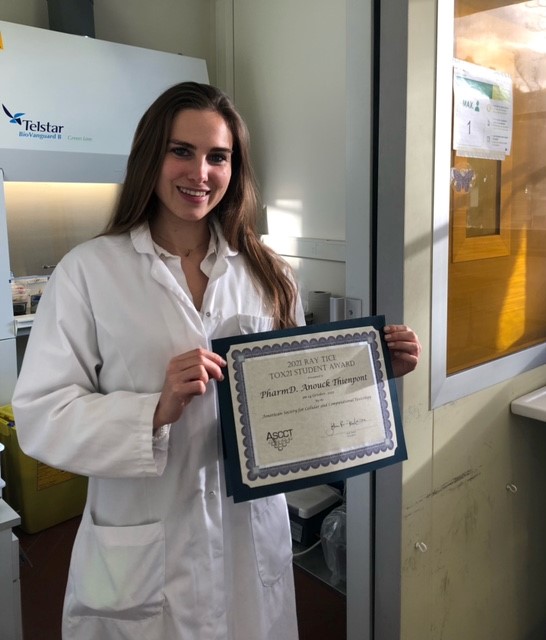Applications of new tools in Toxicology
The American Society for Cellular and Computational Toxicology (ASCCT) recently organized its 10th annual meeting themed “Practical applications of new tools in toxicology” from the 12th to the 14th of October.
ASCCT is a scientific society dedicated to the promotion of toxicology testing and research that reduces and replaces the use of animals. Toxicology testing is currently undergoing a paradigm shift from an observational, whole animal-based science to a more predictive, mode-of-action-focused discipline. This shift is being spurred by diverse factors such as concerns for laboratory animals, logistical difficulties in assessing growing inventories of substances, and a better understanding of the interaction between chemistry and human biology at the molecular level.
ASCCT aims to provide a forum for cellular (in vitro) and computational toxicology approaches especially when replacing animal-based toxicology methods. They want to facilitate the development, acceptance, and routine use of cellular and computational methods through open dialog between industry, academic, advocacy, and regulatory scientists.
takecreditDuring the online meeting, different topics related to the practical application of new tools in toxicology were presented and the 21st Century Challenges for toxicity testing were discussed. There was a focus on Omics, Artificial Intelligence, other New Approaches and how to validate them. Only registered participants can view the posters and session recordings until the 30th of November.
The ASCCT also encourages the participation of young scientists in the current debate. Three awards were issued:
Lær hvilke websteder, som tilbyder de hurtigste online casino udbetalinger mobil casino, og hvilke betalingsmetoder vil give dig den hurtigste gevinst.- The Ed Carney Predictive Toxicology Award to Dr. Kelly Carstens, from US EPA ORISE, for her presentation ‘Analyzing multi-dimensional developmental neurotoxicity new approach methodologies: Computational approaches to identify phenotypes’.
- The Ray Tice Tox21 Student Award to Anouck Thienpont, from Sciensano and Vrije Universiteit Brussel for her presentation ‘Development of a novel genotoxicity prediction model based on biomarker genes in human HepaRGTM cells’. To improve the predictive capacity of genotoxicity testing, retrieving mechanistic information from relevant human cell systems is crucial. This can be achieved via new approach methodologies (NAMs) which include gene expression biomarkers. In this research, a new prediction model for genotoxicity was built using machine learning. The prediction model allows to predict the genotoxic potential of chemicals based on the changes in the expression of 84 carefully selected genes in human HepaRGTM cells. The results demonstrate that combining gene expression data with supervised machine learning algorithms can play an important role in the ongoing paradigm shift in genotoxicity toxicology to move towards a more human-relevant genotoxicity testing.
- The Applied In Vitro Toxicology Award to Dr. Agnes Karmaus, from Integrated Laboratory Systems, Inc. for her presentation ‘Annotating and Visualizing In Vitro Data to Gain Context’.
Receiving the award is a recognition that the performed work is of high importance for the current paradigm shift in toxicology testing. Congratulations to the outstanding presenters!
Sources:
Без отказа и проверок взять кредит 24/7 без отказа срочно и получить денежные средства буквально за 2 минуты.

